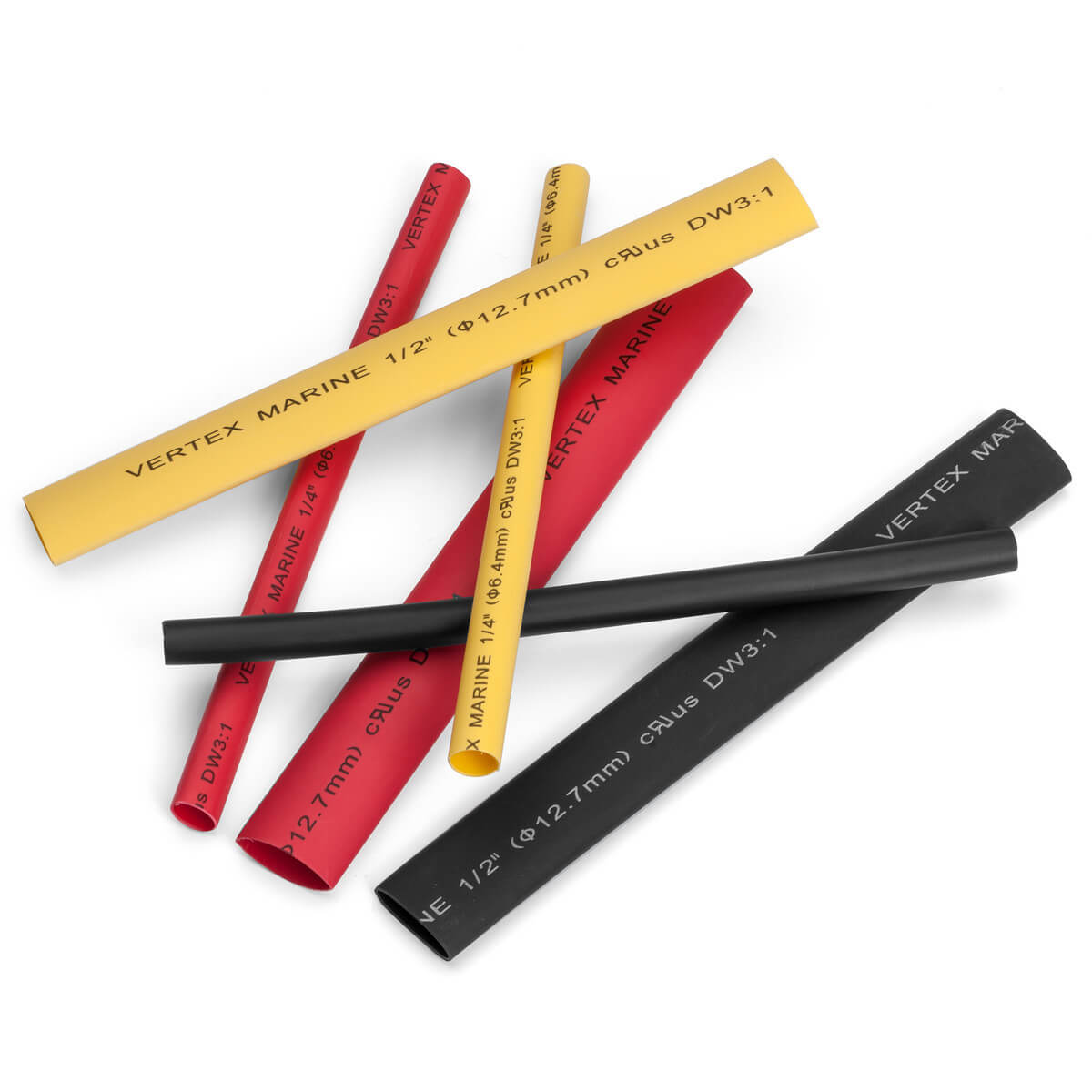
Undertaking an electrical project on your marine vehicle is a complex process that requires careful selection of supplies and tools. Out at sea, your electrical system needs to be both literally and figuratively watertight, or else an enjoyable (or productive) voyage could turn very inconvenient. Thankfully, with the correct set of knowledge, you can ensure that you purchase the right marine electrical wire for your project and the result will be an electrical system that will last for years to come. To help handy readers, we’ve made this basic list of important factors to consider when you’re buying your wire.
1. Current and Ampacity
When buying marine electrical wire the first factor you have to consider is what level of electrical current your system will be transporting. Electrical wire is rated for ampacity, or amperage capacity, which indicates how much current, can be run through the wire safely. When purchasing wire, you need to know the upper and lower limits of the current that will flow through and purchase wires that can handle the max current without overheating while not providing resistance that will dampen your system’s minimum current.
2. Insulation Type
Marine electrical wire is not interchangeable with wires intended for use on land or in drier environments. This fact is fundamental to remember, especially if you’re going to be operating your vehicle in a saltwater environment. Water can corrode cables and short out systems, causing damage that can be catastrophic to your devices. Salt water is even more corrosive to wires.
The danger water poses to electrical systems is the reason that marine electrical wire is marked differently than standard electrical wire. Marine wire has much more resistant insulation around its copper strands, and many wire manufacturers utilize insulation that is resistant to oil as well as water since oil often floats on top of the water that may come into contact with wires.
3. Tinned Copper
One of the most important processes in the creation of marine-appropriate wire is called “tinning.” Tinning copper wire involves coating the copper with a very thin layer of tin. Tin has a negligible effect on the conductivity of a wire, but it adds a considerable amount of resistance to corrosion. If you’re browsing options in marine wire, make sure only to consider wire that contains tinned copper, else you run the risk of shortening the lifespan of your electrical systems.
4. Length of Cable and Flexibility
The final consideration you need to keep in mind while buying wire for your marine vehicle is the distance you’ll be running the wire as well as the geometry of the space you’ll be running it in. Marine wire, because of its tough insulation, is often less flexible than other types of wire. This characteristic could become an impediment should the space you’ll be working in be cramped or otherwise require the cables to be flexed in order to fit properly. You should never flex a wire past the point of resistance. Over-flexing a wire risks splitting the insulation and endangering your system.
Determining your length requirements is much easier, simply measure the distance you need to run the wire and purchase a wire that is slightly longer, just in case you run into unforeseen obstacles.
When you are ready to buy, make sure you visit www.ewcswire.com. Our staff of professionals can help ensure you get the wires you need for your marine electrical system. Our prices are fantastic, and our products are clearly documented and certified, meaning you’ll never have to worry about locating the right wire for your system.
Comments
Post a Comment